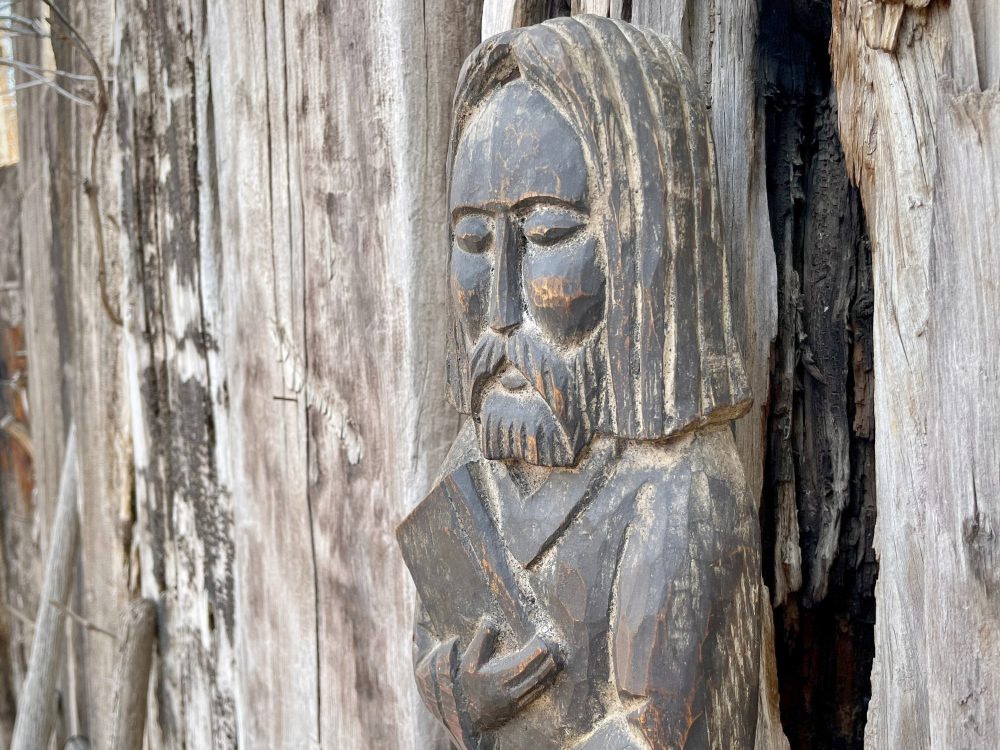Rev. José Mario O. Mandía
Today we will take up the life and work of Saint Boniface, a missionary from England who pioneered the systematic evangelization of Central Europe, including Germany, during the eighth century. (Less than a century earlier, the English themselves had been evangelized by Saint Augustine of Canterbury, the ‘Apostle to the English.’) “Thirty-six years of missionary labor under difficult and dangerous conditions, ending at last in martyrdom, entitle this good and courageous man to the designation, ‘Apostle of Germany’” (Joseph Vann, Lives of Saints, John J. Crawley & Co, Inc).
Pope Benedict XVI tells us that Boniface “was born into an Anglo-Saxon family in Wessex in about 675 and was baptized with the name of Winfrid. He entered the monastery at a very early age, attracted by the monastic ideal. Since he possessed considerable intellectual ability, he seemed destined for a peaceful and brilliant academic career. He became a teacher of Latin grammar, wrote several treatises and even composed various poems in Latin. He was ordained a priest at the age of about 30 and felt called to an apostolate among the pagans on the continent” (General Audience, 11 March 2009).
Winfrid first tried with a few companions to spread the faith in Frisia (Holland today) but failed. He went back home and two years later went to speak to Pope Gregory II who gave him a new name – Boniface. He sent Boniface to Germany and would eventually name him Bishop of all Germany.
Though the faith had been preached there, the people had either lapsed into paganism or had fallen into erroneous doctrines. Many of the clergy were poorly educated and lax. It was even doubted if their ordinations were valid.
Encouraged by the Pope’s support, Boniface managed to fight against pagan worship and to reinforce morality. He was untiring in his zeal, had a gift for organization, was adaptable and friendly, yet firm. This brought great results.
After he was consecrated bishop Boniface “extended his action also to the Church of the Gauls: with great caution he restored discipline in the Church, convoked various Synods to guarantee the authority of the sacred canons and strengthened the necessary communion with the Roman Pontiff, a point that he had very much at heart” (Benedict XVI, General Audience, 11 March 2009).
Succeeding popes after Gregory II (Gregory III, Zacchary, Stephen III) also were very supportive of him. Boniface worked on two goals: restoring unity of the clergy with the bishop and with the pope; and establishing Benedictine monasteries to serve as houses of prayers and centers of encounter between the Christian-Roman culture and the Germanic culture. Anglo-Saxon nuns and monks had followed him to Germany and there, he got the Benedictine nuns engaged in the apostolate of education.
When he was almost 80, he returned to Frisia where he had initially failed accompanied by some 50 monks. “While he was beginning the celebration of Mass at Dokkum (in what today is northern Holland) on 5 June 754, he was assaulted by a band of pagans. Advancing with a serene expression he “forbade his followers from fighting saying, ‘cease, my sons, from fighting, give up warfare, for the witness of Scripture recommends that we do not give an eye for an eye but rather good for evil. Here is the long-awaited day, the time of our end has now come; courage in the Lord!’ (Willibald, Vita S. Bonifatii, ed. cit., pp. 49-50). These were his last words before he fell under the blows of his aggressors” (Benedict XVI, General Audience, 11 March 2009).
Pope Benedict XVI adds: “His ardent zeal for the Gospel never fails to impress me. At the age of 41 he left a beautiful and fruitful monastic life, the life of a monk and teacher, in order to proclaim the Gospel to the simple, to barbarians; once again, at the age of 80, he went to a region in which he foresaw his martyrdom.
“By comparing his ardent faith, this zeal for the Gospel, with our own often lukewarm and bureaucratized faith, we see what we must do and how to renew our faith, in order to give the precious pearl of the Gospel as a gift to our time.”


 Follow
Follow


